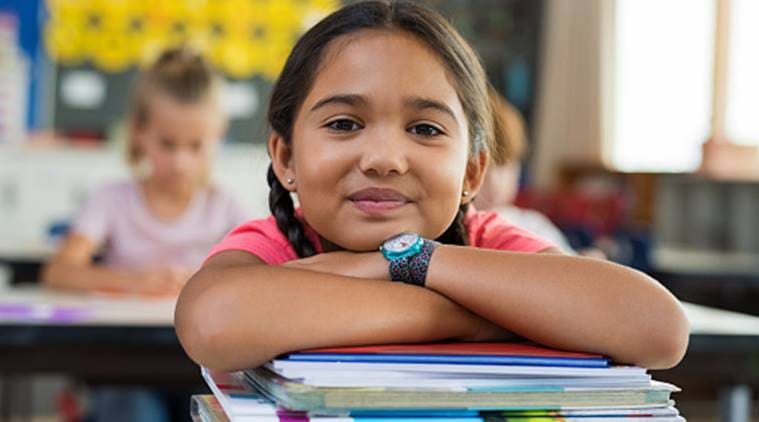How Concept-Based Learning Creates Future-Ready Children
Table of Contents
Concept-Based Learning: An Introduction
Concept-based learning is a modern-day revolution in the world of education. The new approach is in stark contrast to traditional and rote learning methods. It is a fresh perspective that emphasises the child’s ability to understand the core concept and rewrite it in their own words.
The basic motive of concept-based learning is to discourage rote learning, where children memorise the words and write them verbatim without understanding the real meaning. In doing that, concept-based learning has successfully replaced rote, redundant learning methods.
Many CBSE-affiliated schools in Chennai like Babaji Vidhayashram School impart education via this teaching methodology which is fast gaining popularity because it:
- Encourages children to ask questions and find answers
- Encourages hands-on learning rather than blind memorisation
- Promotes open communication between teachers and students
- Empowers children to take on global challenges in the future
- Promotes critical thinking through inquiry, action, and reflection
Educational experts say that it’s high time we bid adieu to traditional learning methods. Concept-based learning is a prime requisite for the future student community, which is exceptionally brilliant and inquisitive.
Does concept-based learning have what it takes to fuel their curiosity and gain incredible outcomes? Yes. But how?
How Concept-Based Learning Prepares Children For The Future
A concept-based curriculum is a holistic curriculum. Its basic principle is to make the child understand the concept so that they can practically apply it in real life. It is a methodology that puts the spotlight on “holistic intellectual development” that lasts a lifetime. That’s why many IGCSE schools in Chennai like International Village School offer concept-based curriculum for their students.

Here are the aspects of concept-based learning that helps make children future-ready:
It is hands-on and relevant
Traditional educational systems deliver only the facts that are grouped into various topics. There is no connection or underlying meaning, so most children forget what they’ve learned once exams are over.
Concept-based learning goes above and beyond printed words and facts. It drives children to ask questions, find answers and conceptualise topics. This conceptualisation encourages them to connect the dots and explore the relevance between various topics in a subject.
For example, if photosynthesis is the day’s topic, the child learns the facts and practically applies them in an experiment. This practical application allows the student to grasp the concept and store it in memory for a lifetime. When they have to reapply the concept of photosynthesis, they can quickly recall it from memory instead of referring to textbooks.
It engages students
Young children have a short attention span. They can be easily bored and distracted if the teaching method is monotonous. A concept-based curriculum is designed to make education a two-way process. It creates a culture that invites students to:
- Think and rationalise
- Connect and contradict
- Explore alternate perspectives
- Ask questions
This classroom participation breaks the monotony and keeps children alert, active, energised and curious throughout their time in school.
It simplifies the learning process.
Unlike rote learning, which requires students to memorise every word and line, concept-based learning allows students to write answers in their own words. There is no pressure to “mug up” what’s in the textbook, so concept-based learning is easy. It also helps students gain more confidence in their academic abilities.
Concept-Based Education: For Long-Term Success
The need for “exam-smart” individuals no longer exists. Grades and marks are no longer sufficient to be fully prepared for the future. Students need logical skills, critical thinking, application-based knowledge, and rational thinking. Concept-based learning provides all of these attributes while promoting holistic development and is what every child needs to become “future-ready”!
